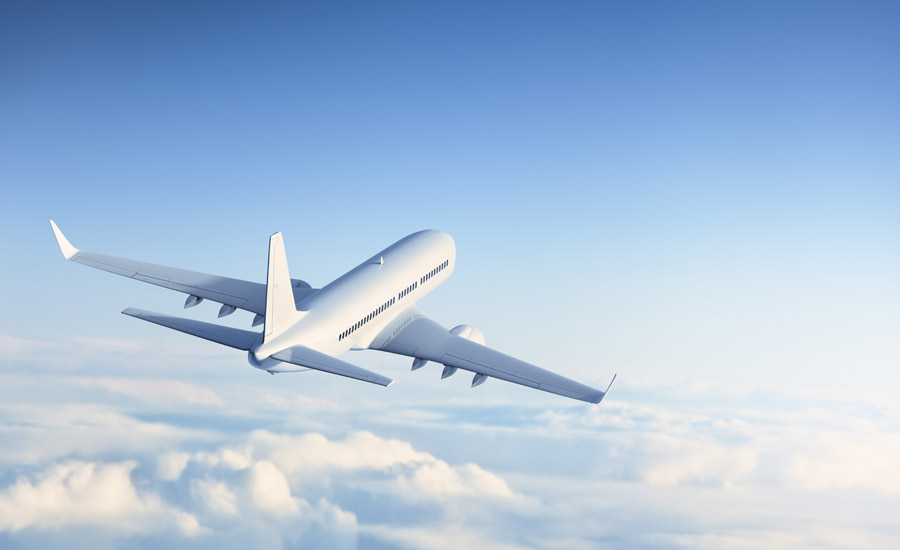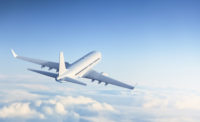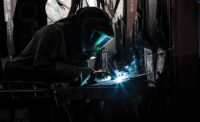Airline workers worried about “toxic fume events” on planes

Jet fuel is a fairly common smell in the passenger cabin when a plane is preparing to taxi. Far less so is the aroma of dirty socks, rancid cheese, or a wet dog— unpleasant signs that engine oil vapors have seeped in, too.
These smells are usually found in jet engine “bleed air” -- outside air that’s been shunted from the engines into an air conditioning system and then to the cabin. In various systems—cabin pressurization, water-tank storage pressure, even heating to dissipate wing ice—this air is need for the plane’s operation.
But when engine seals deteriorate, bleed air can mix with fumes from high-temperature synthetic engine oil. At high-enough concentrations, flight crews and passengers can grow ill, forcing pilots to divert to the closest airport.
Existing FAA rules on fume event reporting apply to airlines as entities, while a proposed law would cover pilots, flight attendants, and maintenance personnel individually.
In 2015, the UN’s International Civil Aviation Organization issued guidelines for flight crew training and reporting of fume events. “Often, oil fumes do not smell like oil,” the group said. “Instead, they are typically described as smelling like dirty socks/smelly feet, foul, or musty.”
The frequency of these fume events is difficult to assess, but estimates run to as many as 2.6 per day. The Allied Pilots Association (APA), which represents American’s pilots, has cited as many as 20,000 fume incidents over the past decade, or about five per day.
“Most of us will never experience a serious fume event,” the union said last fall in its member newsletter, likening these to the rarity of jet engine failures inflight—a common scenario in pilot training but unusual in commercial aviation. “However, it is incumbent upon us to know how to react.”
The issue has led to at least two lawsuits against Boeing Co. brought by five Alaska Air Group Inc. flight attendants who fell ill while working on Boeing 737s. In some cases, the employee is unable to return to work, according to the lawsuits, which were filed in Chicago.
“Most Americans go to work with the expectation of breathing clean air, but until we achieve better standards for cabin air quality, flight attendants don’t have this guarantee,” Sara Nelson, president of the Association of Flight Attendants-CWA, the largest U.S. attendants’ union, said in a statement.
Source: Fortune https://fortune.com
Looking for a reprint of this article?
From high-res PDFs to custom plaques, order your copy today!







